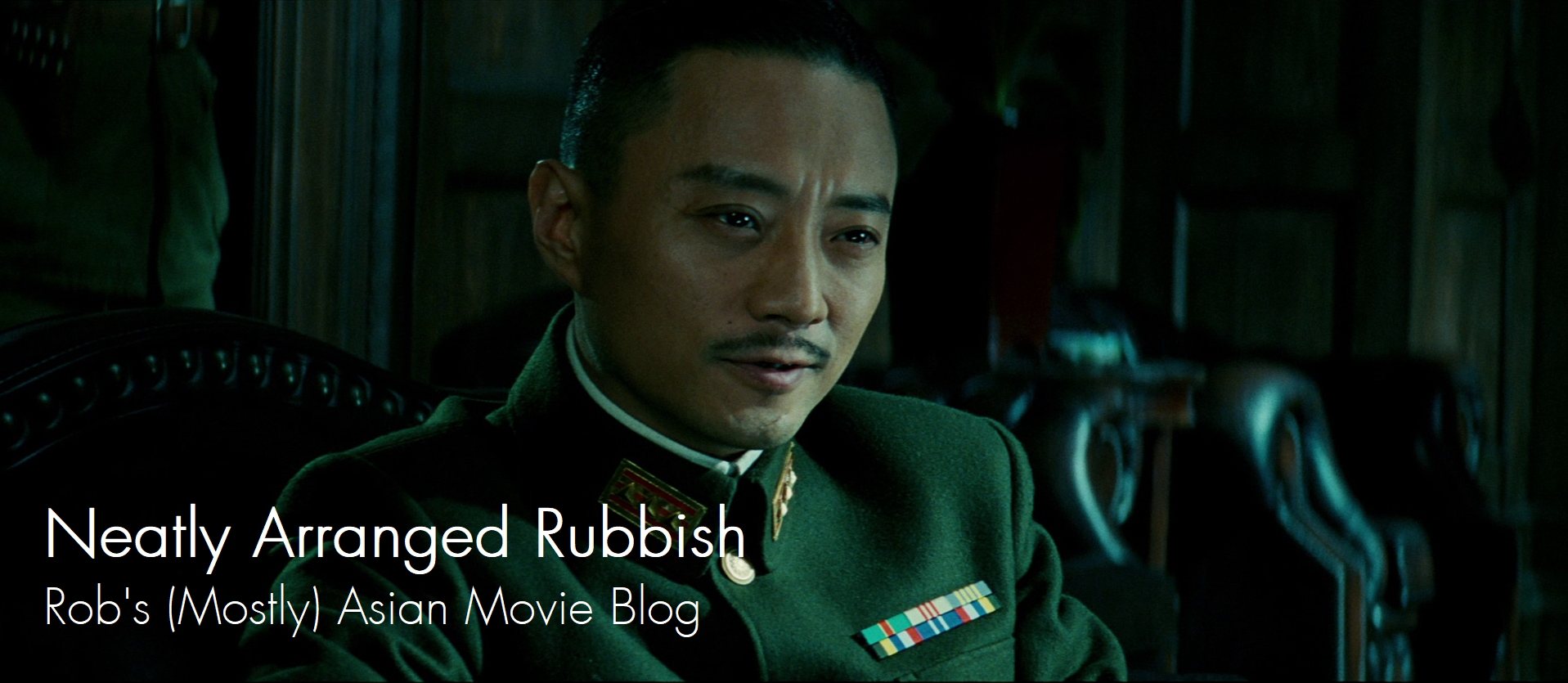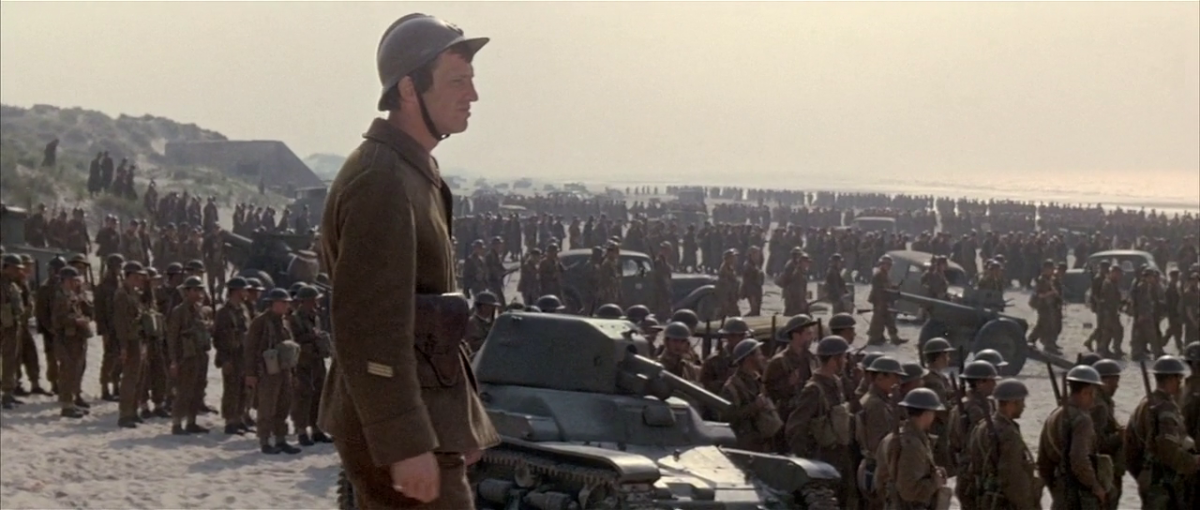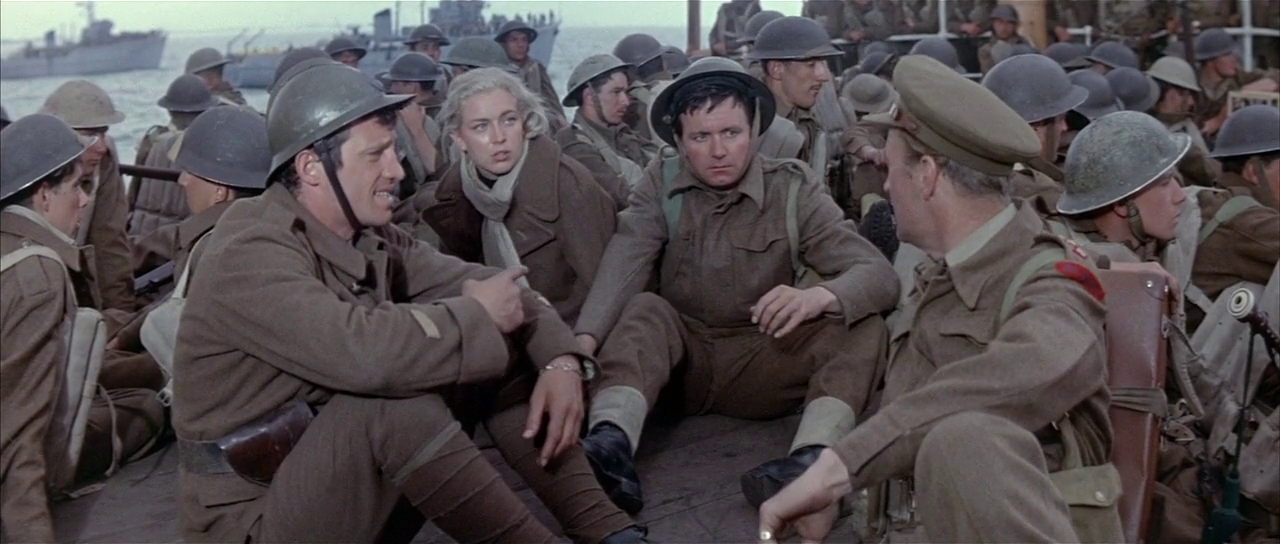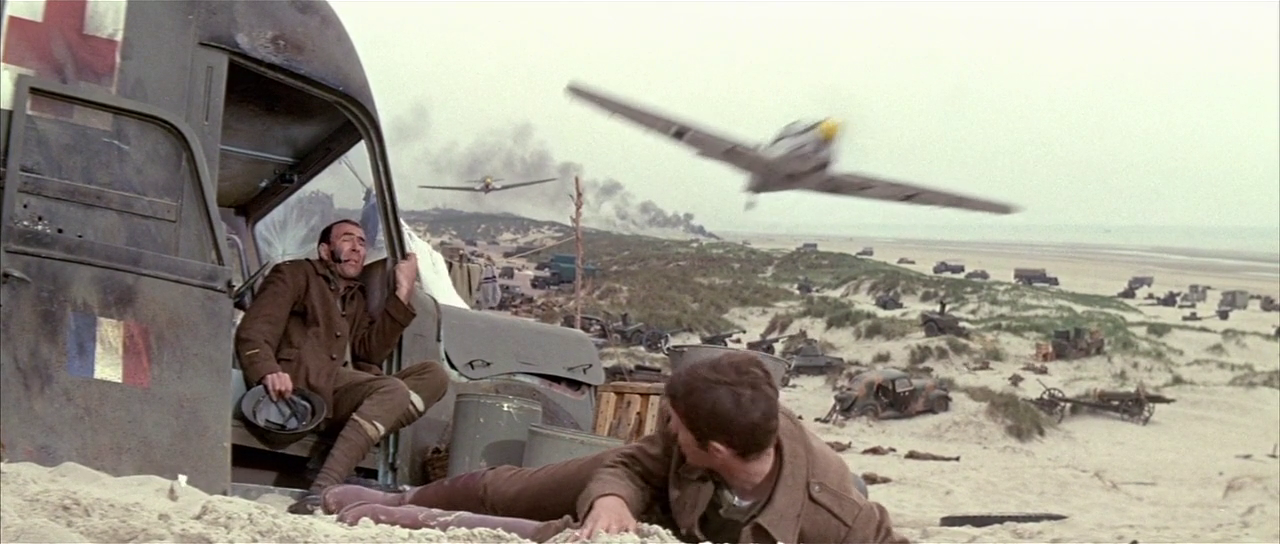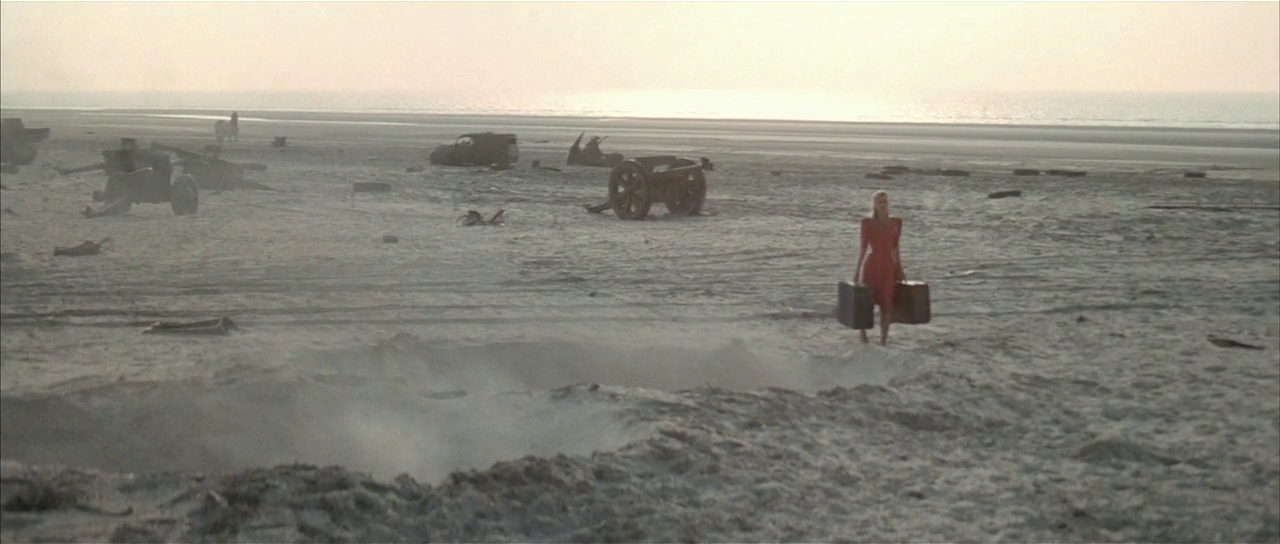Last Updated on October 24, 2020 by rob
At Dunkirk, Sergeant Maillat (Jean-Paul Belmondo) finds himself stranded with three comrades; the perpetually armed Pinot (Georges Gerat), water fetcher Dhery (Pierre Mondy) and Pierson (Jean-Pierre Marielle) the former priest turned soldier with whom Maillat engages in sporadic theological debate. Under constant aerial bombardment Maillat attempts to secure permission from a British officer to join a ship departing for England but when the vessel is struck Maillat finds himself back on the beach and drawn into an unexpected relationship with pretty Jeanne (Catherine Spaak), a young woman who refuses to leave her home. Eventually persuading her Maillat tells Jeanne to meet him on the beach but with the Germans just hours away is it already too late to escape?
Good performances, really impressive production values and an eye for tiny details (the civilian walking his dog amidst the massed troops, a soldier carting a bookcase across the beach intended for firewood) amount to a vivid snapshot of 48 hrs at Dunkirk. The persistent dive bombing of the troops is indelibly rendered here and includes one striking POV shot from a German plane as it strafes the hapless grunts and makes painfully clear just how much those men on the beach were sitting ducks. There’s an amazing moment where one of the Germans bails out of his doomed plane and the film cuts back and forth between the respective viewpoints of the descending parachutist and the troops watching from the beach as it becomes apparent that the pilot is going to come down in the middle of them. A British officer tells the French not to fire because they need him alive but all raise their rifles as one and loose a barrage of fire into the guy as he hits the ground. After what they’ve been through you understand why there can be no mercy.
Right from its sly segue into the opening credits from a poster of holidaymakers living it up on the beach at Dunkirk Verneuil’s film plays like a peverse version of a traditional holiday romance. There’s a handsome lead on the beach and a pretty, love struck local girl who falls for him. But the beach is a deathtrap and the girl is in the grip of a disturbing obsession in which she won’t leave her own home (we know there’s something not right with Jeanne when we’re introduced to her standing on the balcony of her house watching the enemy planes drop bombs all around her as if she hadn’t a care in the world) and who is so determined to stay put that she’ll willingly give her body to Maillat just to secure his help. Even the score has this oddball jaunty quality to it!
As for the cast, Belmondo is a likeable everyman presence as Julien Maillat, a soldier simply trying to survive and secure passage to England. The movie offers a few minor sops to Belmondo’s action man image, principally an incredibly realistic looking tumble down a staircase after a showdown with a couple of would be rapists in which Belmondo’s flailing arms manage to knock a painting off the wall to bring it crashing down on his head. Whether that was intended I can’t say but the stunt looks painfully real. But that aside this isn’t an action man vehicle (the aforementioned rapists – both of whom are French soldiers – apart, Belmondo’s character never even gets to shoot any Germans) and he’s very much part of an ensemble, all of whom make their characters believable as they hang around the beach scavenging for food and booze while looking for a way out. Verneuil’s film offers plenty of action and spectacle during these sequences. The German spies disguised as nuns are an especially good touch and not without historical precedent.
But there’s a wistful quality in the quieter scenes – a kind of reluctance to let the past go, epitomised by a soldier’s recollection to Maillat of a night of lovemaking with his wife and, more pointedly, by Jeanne’s refusal to leave her home even as the corpses pile up in the streets outside. The English presence on the beaches – represented by the likes of Nigel Stock, Kenneth Haigh and Ronald Howard – comes across as both credible and convincing. There’s not a whiff of stereotyping here. They’re all in this together and that sense of unity is best summed up in the scenes featuring a French speaking English Tommy trying, with Maillat’s help, to get his newly married French wife off the beach and on a ship back to England with him. When Stock’s officer discovers the woman aboard his boat he allows her to stay in what seems a moment of welcome compassion. But it’s a decision that turns out to have disastrous consequences for all concerned.
Director Verneuil’s classical style is a model of confidence and economy. There are studio sets here but the bulk of the film is shot on location and the obvious logistical challenges of co-ordinating complex action sequences with hundreds of men, plus ships, aircraft and the inevitable variables of weather don’t seem to have cramped the director’s style one bit. The film has a snappy pace (Verneuil is particularly good at showcasing the spectacle of the event without overpowering either the characters or making it seem as though he’s had to bring the story to a halt in order to do so) and it looks stunning thanks to Henri Decae’s rich colour cinematography.
The aerial stuntwork also deserves a mention because some of it is frankly astounding. The low level strafing runs along the beach are really intense and one moment in which a plane buzzes Belmondo at what seems like 50 feet has to be seen to be believed. Best of all is that the director is able to wring a whole range of emotional moods from the story. Everything from the stark terror and helplessness of the bombings to the cameradarie of the men, to the triumph of the little boats from England which help ferry the exhausted troops to the big ships and even an unexpectedly lyrical touch in the final sequence as a horrendous shellacking of the beach gives way to Maillat’s last sight of Jeanne – a surreal vision in a red dress – making her way across the beach toward him as if in a dream. Terrific stuff.
